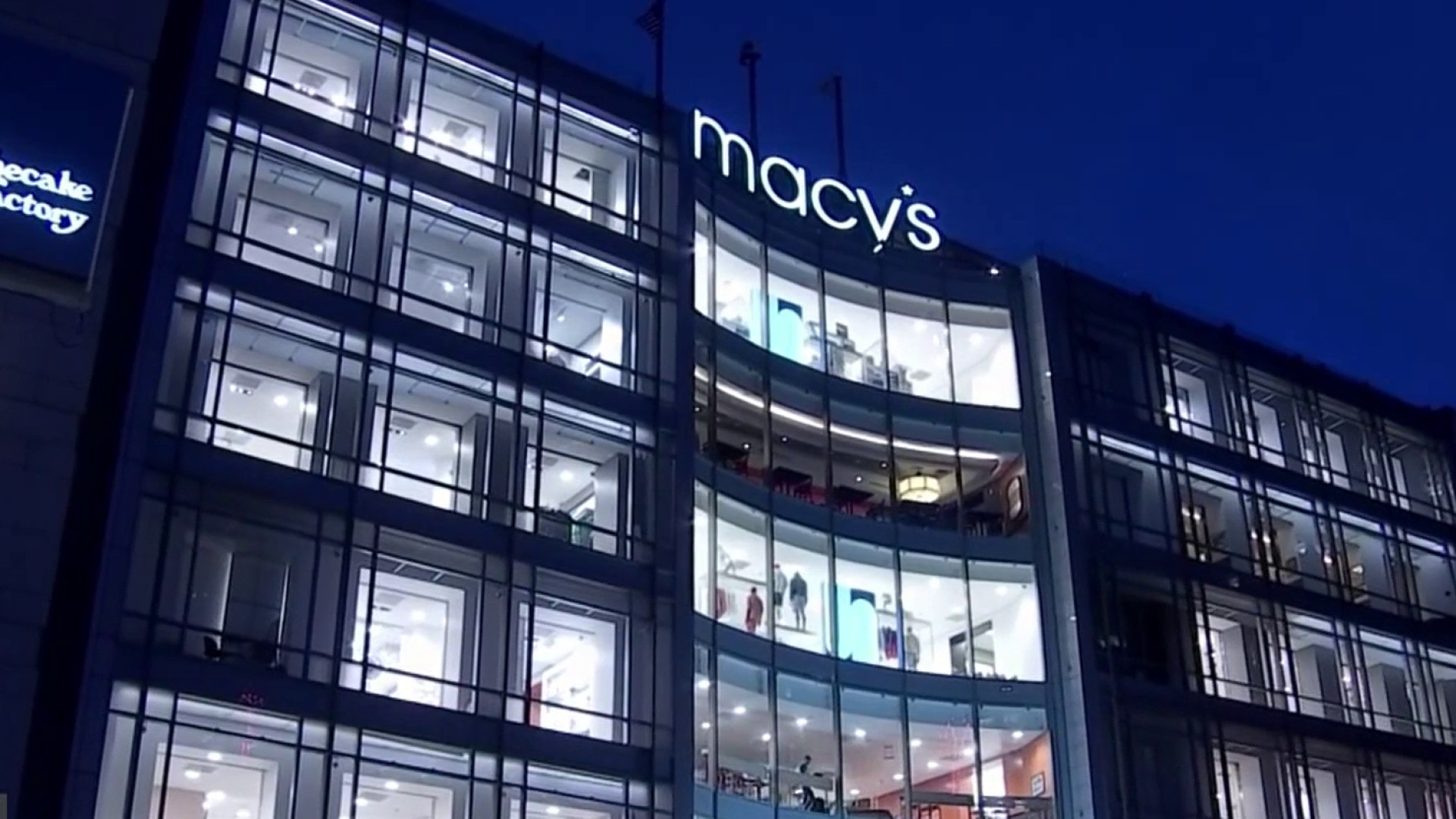#rapeculture. It's one of the Twitter names that is being used to counteract the way social media is sometimes being used as a weapon by those looking to bully and humiliate, specifically after a sexual assault or rape.
The issue is in the news this week after NBC Bay Area broke the story that a 15-year-old named Audrie Pott of Saratoga committed suicide Sept. 10, 2012, eight days after three 16-year-old boys had allegedly sexually assaulted her and posted the photos of her online. Her attorney, Robert Allard, said that "based on what we know," Audrie was intoxicated, unconscious and "there were multiple boys in the room with her. They did unimaginable things to her..."
The boys alleged to have committed the assault were arrested on Thursday - seven months after the incident. They are now in juvenile hall, though no charges have been formally filed. They are expected to appear in court next Tuesday.
Read the latest on the case here.
Here in the United States, studies show one in every four girls will be sexually assaulted by the time she turns 19.
Some of those victims come to the YWCA Rape Crisis Center for support.
Director Sue Barnes said more and more victims are also turning to the Internet for help. They feel empowered by connecting with other rape survivors.
Others are finding comfort in an increasingly popular Twitter hashtags #rapeculture and #endrapeculture which are working to end the stigma often associated with rape.
"I do believe social media can lead to constructive change because when people understand sexual assault is clearly happening often, then they work harder to fight this type of crime," Barnes said.
Barnes says the Internet offers people an easier way to tackle the tough topic of rape and gives victims a louder voice.
At Santa Clara University, social media expert Terri Griffith agrees rapeculture hashtags can be a powerful tool.
Local
"I think any time you have that public visibility on a national and global scale you have so much more power than you did in the past," Griffith said.
She adds that Twitter, Facebook and Internet sites alone are not enough to make sweeping changes, but they can certainly motivate communities to do more to prevent rapes.



